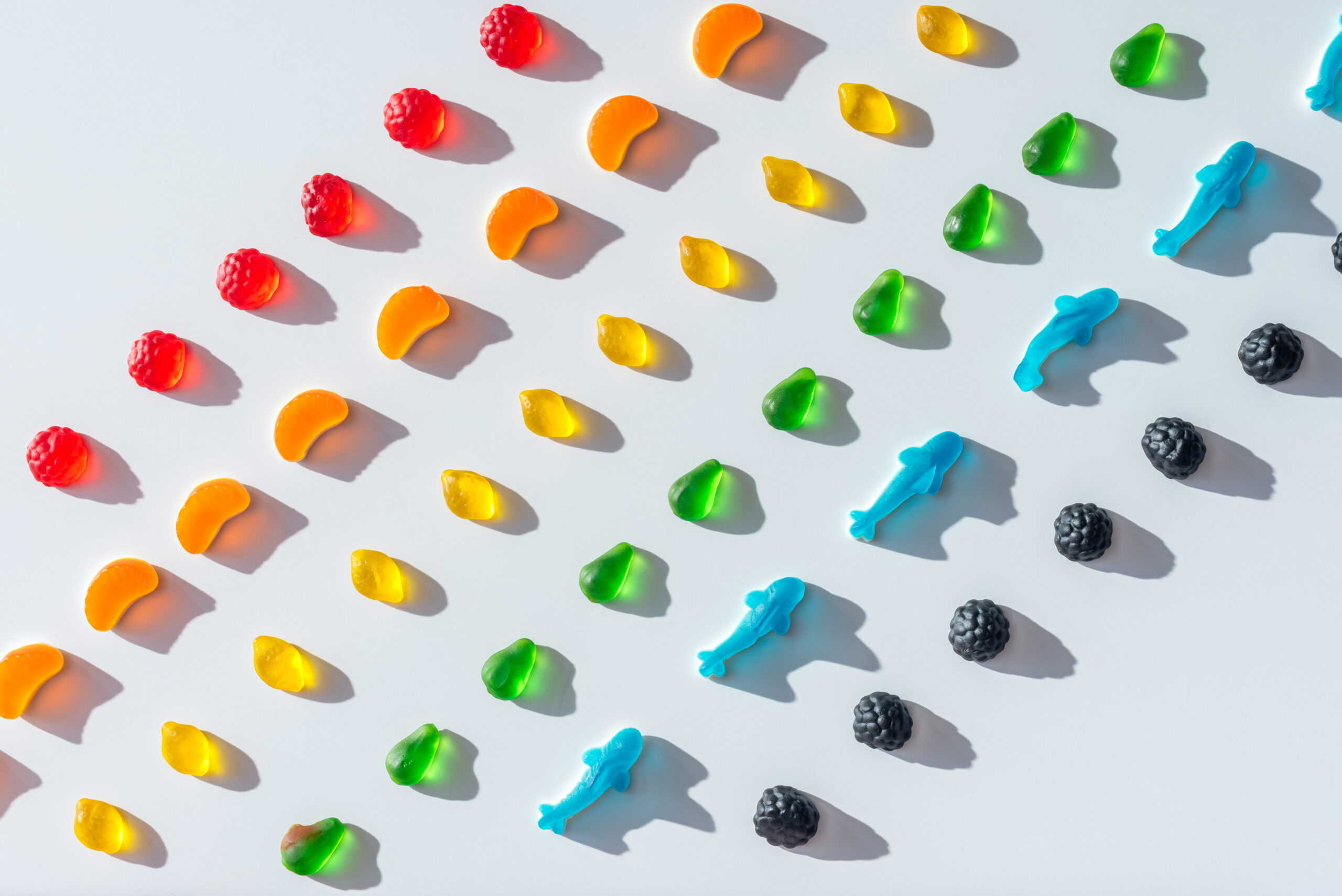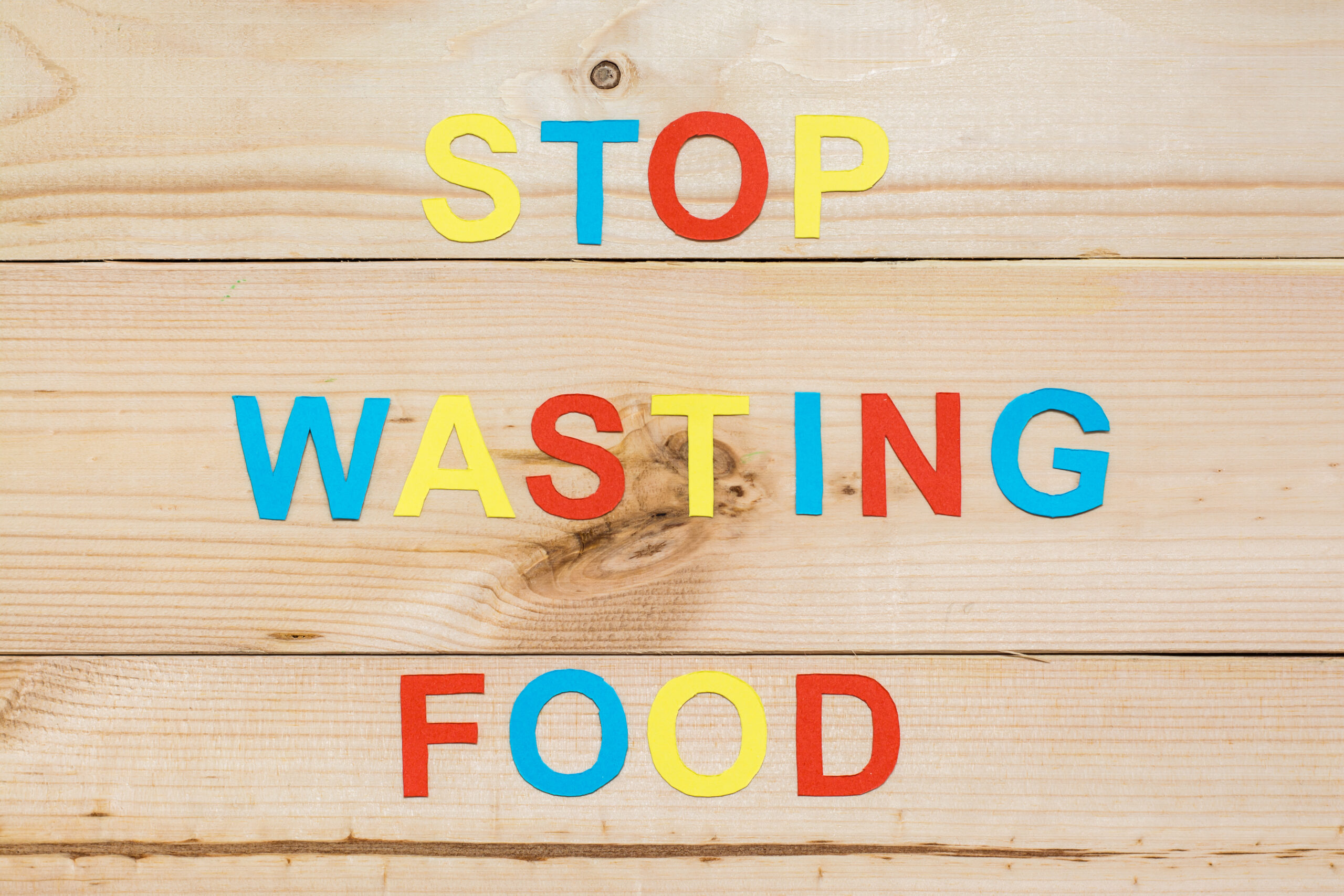Victoria Beckham and Robbie Williams are among the celebrities seen spotted with Dash Water in hand, the UK’s latest sparkling water craze. The London-based brand has built a strong reputation as a better-for-you beverage that uses upcycled ingredients. So, how does Dash Water differentiate itself from the plethora of sparkling waters on the market, and how does it stack up to its competitors?
Founded in 2017 by Jack Scott and Alex Wright, the pair were on a mission to not only make a healthy drink, but a sustainable one. Their backgrounds in farming exposed them to the large amount of produce that would go waste due to imperfections. Since imperfections in produce are largely superficial, Scott and Wright decided to give them a second life by infusing Dash Water with “wonky” fruits and vegetables.
“We infuse our delicious sparkling water with real, wonky fruit,” the company’s website reads. “That’s the bent, crushed, curved misshapen, knobbly crushed fruit which others say no to. By accepting the misfits, we are helping to reduce food waste.”
Related: RIND Upcycled Fruit Snack Company Raises $6.1 Million in Series A Funding
As for Dash Water itself, the beverage boasts a short ingredient list of only sparkling water and upcycled produce with no sugar, sweeteners or calories. It comes in five flavors: Blackcurrant, Cucumber, Lemon, Raspberry and Peach. Each 330ml can is made from recyclable aluminum. Trial packs and individual flavor packs are available on the company’s direct-to-consumer (DTC) website.
After finding mass success in the UK, Dash Water recently announced it was expanding into new markets. The business secured a nationwide listing with 700 Woolworths stores, an Australian supermarket chain, as well as placement on the shelves of 800 independent retailers across the country. Since the beverage uses upcycled, local ingredients, the expansion marks the first time the company has been produced locally outside of the UK.
The brand’s goal is to sell 1.5 million cans in Australia by the completion of its first full year on the market. Dash Water’s expansion into the wider Asia-Pacific Economic Cooperation (APEC) region is also well underway, with the company already confirming listings with retailers in New Zealand and Singapore.
Dash Water differentiates itself from most other sparkling water brands by using upcycled produce. However, it’s not the only one. Flawsome!, another UK-based beverage brand, expanded its line of cold-pressed juice products made from imperfect fruit to include a line of sparkling water available in flavors like Rhubarb & Apple, Sweet & Sour Apple and Cherry & Apple. Another player is Chicago-based Xoca, which makes use of discarded cocoa fruit pulp in its functional sparkling beverages.
In the wider sparkling water market, Dash Water has some major competition, including beverage giants like Nestlé, PepsiCo, The Coca-Cola Company and Keurig Dr Pepper. According to a report from Grand View Research, the global sparkling water market size was valued at $29.71 billion in 2020 and is expected to expand at a compound annual growth rate (CAGR) of 12.6 percent from 2021 to 2028.
But to date, Dash Water customers have helped the company save 547,000 kilograms of fruit and vegetables from going to waste, according to the company’s website. How many other sparkling water brands can say that?












Join or login to leave a comment
JOIN LOGIN